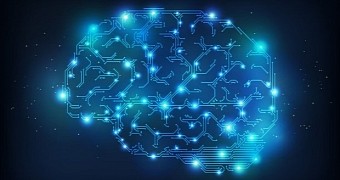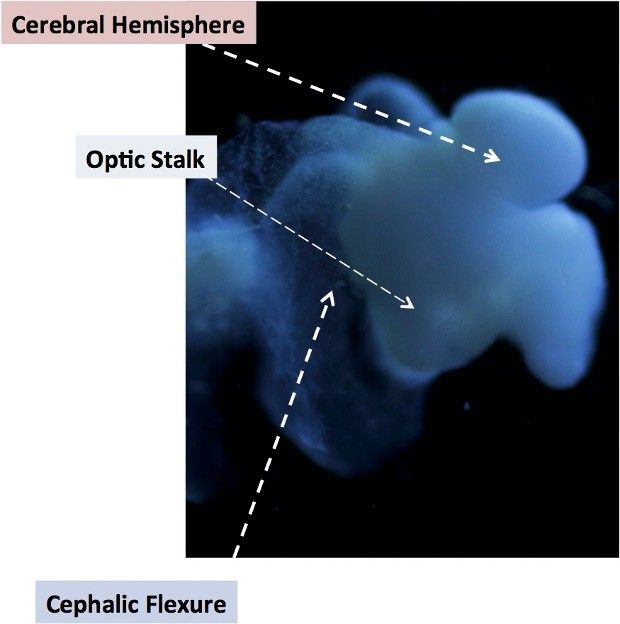Speaking at the 2015 Military Health System Research Symposium in Ft. Lauderdale, Florida, this past August 18, researcher Rene Anand at the Ohio State University described his and his colleagues' work growing a nearly complete human brain from run-of-the-mill skin cells.
The organoid, comparable in size to a pencil eraser, is said to be the most complete and anatomically accurate human brain model ever to come out of a lab. Thus, its creators say it almost perfectly replicates the makeup of the brain of a 5-week-old fetus.
“It not only looks like the developing brain, its diverse cell types express nearly all genes like a brain,” explained scientist Rene Anand. More precisely, it is understood that this science-made brain contains 99% of the genes naturally occurring in the brain of a developing fetus.
The brain was engineered from skin cells
This human brain model created by Ohio State University researchers was engineered from skin cells. These cells were first coaxed to become immature stem cells and then programmed to grow to become brain cells.
“Once a cell is in that pluripotent state, it can become any organ - if you know what to do to support it to become that organ,” said Rene Anand.
To trick the immature stem cells obtained from skin cells to once again transform and form brain tissues, the science team exposed them to conditions similar to the ones infants experience while in the womb.
The laboratory-made organoid took about 12 weeks to grow to mimic the anatomy of the brain of a 5-week-old fetus, the researchers explain.
Rene Anand and colleagues think that, if allowed to go on developing for a few more weeks, it might have filled in the missing 1% genes. Be that as it may, the brain model was found to behave like the real deal.
Thus, tests revealed the neurons were working properly - axons, dendrites and all - and that the organoid even displayed basic excitatory and inhibitory functions, as evidenced by chemical signals.
Why grow a human brain in the lab?
Ohio State University scientist Rene Anand and fellow researchers hope that, one day, such organoids will help specialists further their understanding of conditions such as Alzheimer's, Parkinson's and autism, maybe even test new treatments.
What's more, they propose that, if fitted with a proper blood supply, human brain models like the one they managed to grow from skin cells could pave the way for more effective stroke therapy studies.
“The power of this brain model bodes very well for human health because it gives us better and more relevant options to test and develop therapeutics other than rodents,” argued study leader Rene Anand.

 14 DAY TRIAL //
14 DAY TRIAL // 

